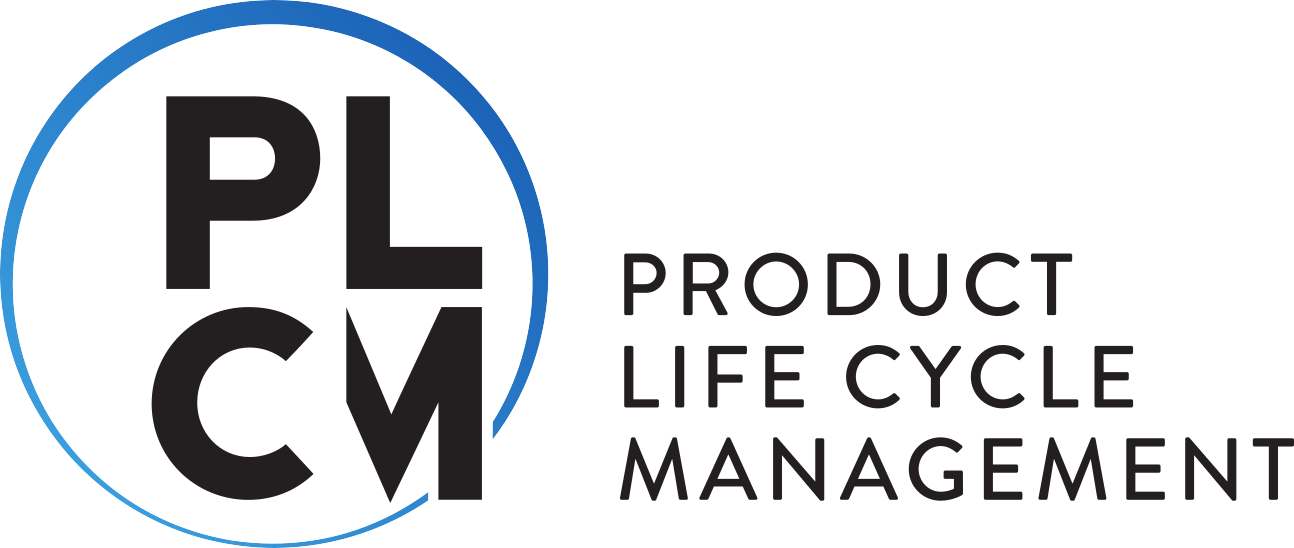In the times of global competition, companies with their business location in Germany are increasingly confronted with a diversity of changes. Besides the relocation of production and R & D activities abroad for cost reasons, the efficient use of resources and the dynamic of product life cycles also represent important challenges for manufacturing companies.
Apart from the methods of product development, the production itself has to develop and to strike new paths in order to meet the challenges and to continue to fulfill the increasing customer demands. One of these ways is represented by the fourth industrial revolution. The vision of Industrie 4.0 provides opportunities and chances for increasing resource and process efficiency in production trough the integration of modern information and communication technologies into the production environment.
The “Efficient Factory 4.0” is a research project, which was approved by the Hessian Ministry of Economics, Energy, Transport and Regional Development. The Project is financed by the European Regional Development Fund (ERDF), represented by the WiBank, within the framework of the operational program for promotion of regional competitiveness and employment in Hessen.
The aim of the project is the analysis, development and implementation of Industrie 4.0 technologies for building a progressive resource-efficient learning factory. As the first part of the research project, the Good-Practice examples from German companies are identified, analyzed and evaluated. Subsequently, the selected processes will be considered for applicability to the existing Learning Factory, as well as concepts for implementation will be developed. Some important factors at this point are the level of networking of the possible future technologies, allocation within the life cycle and consideration of the type of company. By doing so the “Efficient Factory 4.0” aims to illustrate the potential of Industrie 4.0 to all interest groups.
The “Efficient Factory 4.0” should demonstrate the possible extensions of an existing production environment in order for the user to be fit for the resource-effective and efficient production of tomorrow.
Project phases
Preliminary Study
The first project phase serves to identify and analyze already implemented Industry 4.0 applications in the industry. These good practice examples will be collected with the help of expert interviews and then analyzed and evaluated.
The goal of the preliminary study is to determine the benefits of existing Industry 4.0 approaches and to present their further potential.
Concept development
Based on the results of the preliminary study, selected best practice examples are considered in this phase. Subsequently, implementation concepts are developed for these selected industry 4.0 applications, which can be implemented in the experimental environment of the learning factory CIP.
The goal of the concept development is to work out a procedure that enables the integration of Industry 4.0 approaches into an already existing production environment.
Building the demonstrator
In the implementation phase, the previously developed concepts are implemented on the hardware and software side and integrated into the existing production environment of the learning factory CIP. Subsequently, the benefit of the selected Industry 4.0 applications will be validated with the help of the demonstrators.
The goal of the implementation is to create an experimental field for Industry 4.0 applications in a real production environment.
Knowledge transfer
The last project phase serves to compile the results of the project and to prepare them didactically. In the future, workshops will be held to enable industrial partners to build up competencies in the field of Industry 4.0.
The aim of the knowledge transfer is to support Hessian companies in building up technical and methodological competence in order to be fit for the resource and process efficient production of tomorrow.
Use Cases form a central component of Effiziente Fabrik 4.0
Aufbauend auf der durchgeführten Studie wurden ausgewählte Industrie 4.0-Anwendungen betrachtet und ihre Anwendungsmöglichkeiten in der bestehenden Prozesslernfabrik, in Zusammenarbeit mit den Projektpartnern, herausgearbeitet. Dieses Vorgehen mündet in der Entwicklung von Anwendungsfällen (sogenannten „Use Cases“) und schließlich der Ableitung von konkreten Umsetzungskonzepten für die bestehende Prozesslernfabrik. Die zentralen Elemente bilden “Bauteile als Informationsträger” und ein “Einheitliches Datenmanagement”. Die daran anknüpfenden Use Cases “Papierlose integrierte Qualitätssicherung”, “Digitales Wertstromabbild”, “Condition und Energy Monitoring” sowie “Flexible intelligente Werkerassistenzsysteme” sind elementarer Bestandteil der Effizienten Fabrik 4.0.
Components as information carriers
Der zentrale Use Case (Use Case 0) beschäftigt sich mit dem Datenmanagement und dem Bauteil als Informationsträger, da zur Realisierung einer effizienten und zukunftsorientierten Produktion im Sinne von Industrie 4.0 die Erfassung und die Verarbeitung der Daten, die während der Wertschöpfung anfallen, als besonders wichtig zu sehen sind. Für die Umsetzung einer medienbruchfreien, digitalen und idealerweise automatischen Datenerfassung ist neben der Integration notwendiger Sensoren in die Produktion auch die Kommunikation zwischen allen beteiligten Systemen und Betriebsmitteln notwendig.
Flexible intelligent manufacturer assistance system
Durch die Implementierung von Lösungen und Ansätzen der Industrie 4.0 erfährt die Rolle der Beschäftigten im innerbetrieblichen Produktionsumfeld einen erheblichen Wandel. Der Fokus des Use Cases „flexible intelligente Werkerassistenzsysteme“ liegt darauf, den Beschäftigten mithilfe eines sozio-technischen Gestaltungsansatzes die Lösungsansätze von Industrie 4.0 zur Verfügung zu stellen und die dadurch erzielbaren Vorteile näher zu bringen. Hierbei sollen Montageinformationen aus dem 3D-CAD-System erstellt und zur Montage von geringen Losgrößen dem Beschäftigten interaktiv und bedarfsgerecht zur Verfügung gestellt werden. Bestandteile der Umsetzung sind – neben der intelligenten Vernetzung aller Komponenten des Montagearbeitsplatzes – Systeme zur visuellen Unterstützung und Steuerung im Montageprozess. Dabei findet ein bidirektionaler Informationsfluss zwischen System und Beschäftigtem statt.













